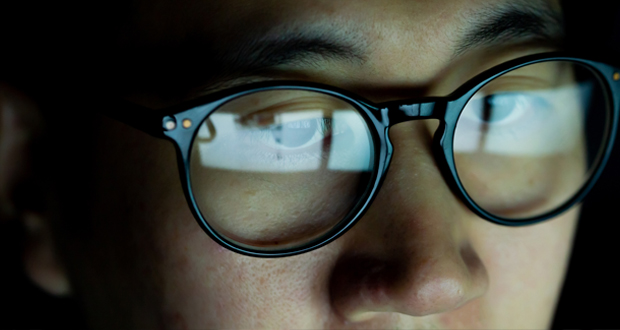Students aren't as empathetic as they once were and have less ability to focus.
Those were some of the findings from the Gonski Institute’s Growing Up Digital report.
The group surveyed almost 2000 teachers and school leaders across Australia and asked them how primary and high school students have changed in the last five years.
Nearly four out of five teachers felt students had less ability to focus on learning tasks, and the same number saw a decline in students’ empathy, while just under two-thirds (60 per cent) observed students spending less time on physical activity.
Writing for The Conversation, professor of education policy at UNSW Pasi Sahlberg said while these downward trends could be caused by many factors, a good starting point was to look at the biggest change in children’s lives in the last decade – screen technology.
“Researchers and health experts around the world have expressed concerns about the possible consequences of heavy screen use on children," Sahlberg said.
“It is hard to prove a direct causal link between worsening health outcomes and extended time spent on digital devices. But we can learn much about these complex relationships by exploring views and experiences of teachers, parents and young people themselves.”
In the Gonski Institute survey, 84 per cent of teachers said digital technologies were a growing distraction in the learning environment.
“Students appear to have more difficulty concentrating, making connections, learning with enthusiasm and increasing boredom in school,” Sahlberg said.
He added now that Australian children are studying from home this term, and perhaps next, parents are likely to make similar observations of their children as the teachers surveyed.
“Parents might see how fluently children use technologies to learn new concepts,” he wrote. “They may also notice how hard or easy it is for their children to concentrate and stay away from the distracting parts of their digital devices.”
The Gonski Institute experts advised teachers to, as much as possible, design learning activities with elements that don’t require any technology.
Australia’s eSafety commissioner Julie Inman Grant said: “Kids today are online more than ever before, staying connected on their devices for school and to socialise with friends. This constant exposure can not only affect their performance in the classroom, but also has real implications for their safety and emotional wellbeing outside of it.
“This unique study gives us another sobering glimpse into how the online world can have real impacts on our children’s lives, but at the same time it also provides us with a great opportunity to find new ways to manage these issues now and into the future.”
Do you have an idea for a story?Email [email protected]
 Education Review The latest in education news
Education Review The latest in education news
